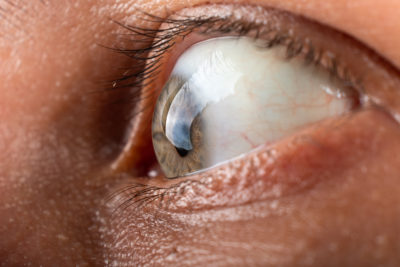The eyes being the most valuable part of our body, we must not let it go waste by burning them or burying them after death. Millions of Indians suffer from corneal blindness, which can be cured by corneal transplantation. This Cornea for transplant is made available through the eye donation programme.
Facts about Eye donation
- Eyes can be donated only after death. Eyes must be removed within 4-6 hours after death.
- Anyone irrespective of age and sex can donate eyes.
- Spectacle wearers, those suffering from diabetes, hypertension, etc, those who have undergone cataract surgery can also donate eyes.
- Only a trained doctor can remove eyes.
- Eye removal takes only about 10-15 minutes and it does not delay the funeral formalities.
- Eye removal does not lead to any disfigurement of the face.
- The identities of both the donor and recipient remain confidential and are not disclosed.
- One donor can give vision to 2 corneal blind individuals.
- Eye donation is done free of cost.
- Donated eyes that are not suitable for transplant may be used for medical research and education.
Who cannot donate eyes?
Eyes are not collected form donors who are infected with or died due to following conditions:
- AIDS (HIV)/ Hepatitis B or C
- Sepsis
- Certain cancers of head and neck
- Leukaemia
- Meningitis, encephalitis
- Rabies
What should be done by the relatives of deceased?
- Inform the nearest eye bank or eye collection centre within 4-6 hours of death.
- Switch off the fan and put on the AC if available.
- Gently close both the eyes and keep a moist cloth over both the eyes.
- Raise the head with a pillow. This will reduce the bleeding during removal of the eyes.
- Procedure of eye donation
- Inform the nearest eye bank from where the trained doctor will arrive for eye collection.
- To be able to see your loved ones is the greatest blessing. Hence, why not try and pass on our God’s gift of Vision to someone who doesn’t have it?









